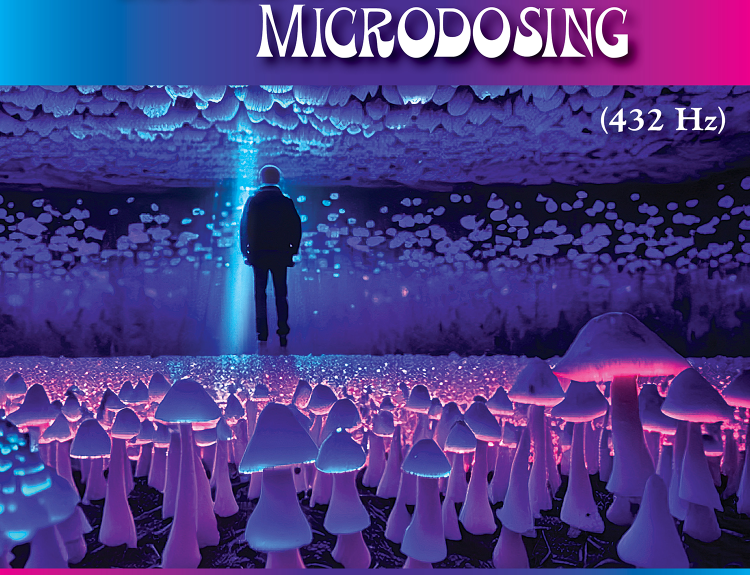From the first time I heard her songs, I observed that she shapes every note, lyric, and every silence into an unfolding narrative. And with her background spanning playwriting, film, and creative nonfiction, Reeya Banerjee carries an almost cinematic gift for storytelling into her songwriting, giving her music a gravity that is at once intimate and universal. Her debut album, “This Place,” released on August 22, is a living, breathing memoir disguised as music, a chronicle of memory and departure, of haunting and healing.
“This album is about the places that made me—and the ones I had to leave behind,” Banerjee says. And she’s right: This Place unfolds like a map marked by heartbreak, survival, and the strange alchemy of growth. Each track feels like a chapter, a different landscape colored by her experiences, her ghosts, and her becoming.
“Picture Perfect” opens the record with a kind of bittersweet cinematic sweep. Her vocals, rich and unguarded, pull you into the longing of captured moments that don’t quite hold up under the weight of reality. The instrumentation blooms subtly, like light spilling through an old photograph—achingly nostalgic yet aware of impermanence.
“Snow” feels delicate, almost suspended in the air. The production leans into atmospheric textures, mirroring the stillness and isolation winter brings. Banerjee’s delivery here has a cool clarity, and her voice carries fragility and strength, embodying the paradox of feeling frozen in time yet moving forward.
“Blue and Gray” is a deeply emotional centerpiece, where shades of melancholy and reflection color the soundscape. The instrumentation is sparse but purposeful, leaving space for her voice to stretch, crack, and shimmer. There is an undeniable feminine resilience in her performance—gentle yet unyielding, tender yet immovable.
“Misery of Place” dives into heavier territory, examining the suffocating weight of environments that drain rather than nurture. The arrangement is moodier, textured with layered guitars and a driving rhythm that captures the restlessness beneath her words.
The album’s fifth track, “For the First Time,” introduces a glimmer of warmth and renewal. Banerjee’s vocals soften, almost as if exhaling after years of holding one’s breath. There’s a subtle sweetness here, a reminder that love and self-recognition can bloom unexpectedly even amid fractured landscapes.
Moving on, “Runner” is urgent, propelled by a pulsing rhythm that reflects escape and motion. Her delivery sharpens—clear, confident, carrying the determination of someone sprinting toward survival and away from stagnancy.
But there’s “Sink In” that slows the pace, asking you to rest with her in the depths of vulnerability. The production is intimate and minimal, allowing Banerjee’s voice to guide the emotional current. This track, perhaps more than any other, highlights her ability to balance delicacy with raw power.
“Good Company” offers a reprieve, a reminder of the warmth found in connection. The instrumentation is lighter, almost playful in places, lifting her vocals into a space of gratitude and belonging. It’s one of the album’s most human touches—a moment of light among the shadows.
Lastly, “Upstate Rust” closes the album with a physical and metaphorical sense of place. Banerjee’s performance is earthy, rooted, and reflective—an homage to landscapes aged by time and memory. The production layers subtly to create a permanent feeling, leaving you with the sense that though things decay, beauty endures in the residue.
Throughout the album, Banerjee’s voice is the anchor. It is not overly polished, nor does it need to be. Her vocals carry a raw honesty that feels lived-in, textured by experience, and brimming with emotional nuance. At times hushed and intimate, at times soaring with restrained power, her delivery is steeped in feminine energy—a balance of vulnerability and defiance, of softness that does not sacrifice strength. On the other hand, the production mirrors her storytelling: spacious when memory calls for reflection, dense when emotions demand weight.
Overall, “This Place” is a reckoning, a map of scars and sanctuaries, a memoir written in melody. Reeya Banerjee has carved a space for herself as a songwriter who dares to tell the truth, who dares to make music that aches and heals at once. In her hands, songs become chapters, and chapters become lifelines.
Listen to the “This Place” album on Spotify.
Follow Banerjee Reeya here for more information.






